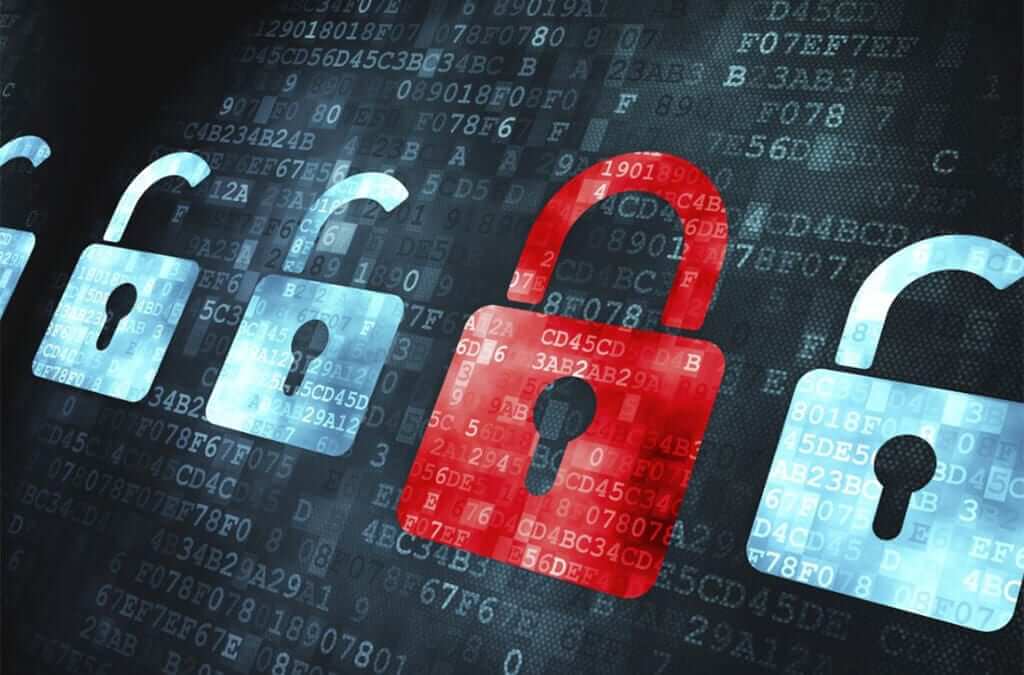Technology dominates all parts of today's society. It's rare to find a business or individual who doesn't use some form for either company or personal use. These devices can make our lives easier when used correctly. However, they also put us further at risk. Any Internet-connected technology can be hacked into, which means any private data, including address, business banking information or Social Security number, is in danger. Without the proper security system in place, consumers and businesses' information isn't safe.
Putting small businesses at risk
Cyber attacks on small and medium-sized businesses increased 64 percent from 2013 to 2014, according to CSO Online. Despite this, smaller companies cut security spending by 20 percent in 2014. The decrease in funding only puts these businesses further in danger. They already cannot keep up with larger companies' security systems, but less money going toward improving their own programs makes smaller businesses easy targets. There is a direct correlation between how much is spent on security and how safe the system is, David Burg, PricewaterhouseCoopers' global and U.S. advisory cybersecurity leader, explained to the source.
Some of the main detriments to small businesses' cybersecurity are:
- Lack of time, budget and expertise
- No dedicated IT security specialist
- No risk awareness
- Unknowledgeable employees
- Failure to update security defenses
Unless these enterprises can find the resources to keep their staff and programs up-to-date, their security systems will remain subpar and easily accessible.
Protecting secure files
Ultimately, the size of the business isn't what matters. It's the data that these companies' databases contain. Hackers will continue to attempt to gain access to secure systems to obtain this information. While smaller businesses may be easier to hack into, the ideal targets are the larger corporations who may have millions of records with financial and personal data.
The Federal Communications Commission recommended several practices for keeping all companies' security in check, including:
- Training employees – If your employees don't know how to protect their own and consumer information, they'll be putting your business at risk. Establish Internet and bring-your-own-device guidelines that will keep data safe.
- Keeping systems updated – Hackers already have an easy time getting into private information. When your virus and security protection, web browsers and operating system are outdated, they have an even simpler job. New software will better protect all programs.
- Backing up computers – Remotely deleting or stealing information can be a breeze with the right knowledge, so make sure you don't risk losing something by not having several other copies of files. If you can't fully protect your data, at least make sure cyber attackers aren't taking your only sources.
- Limiting employee access – Your workers should only be able to get into files and programs that they need to be able to perform their jobs. They shouldn't have access to any unnecessary areas of the database. Everything should be password protected and should only be opened by authorized individuals.
As a small business owner, make sure you work cybersecurity into your financial plan. If you don't, you'll be losing a lot more money than you initially would have implementing a stronger system.


